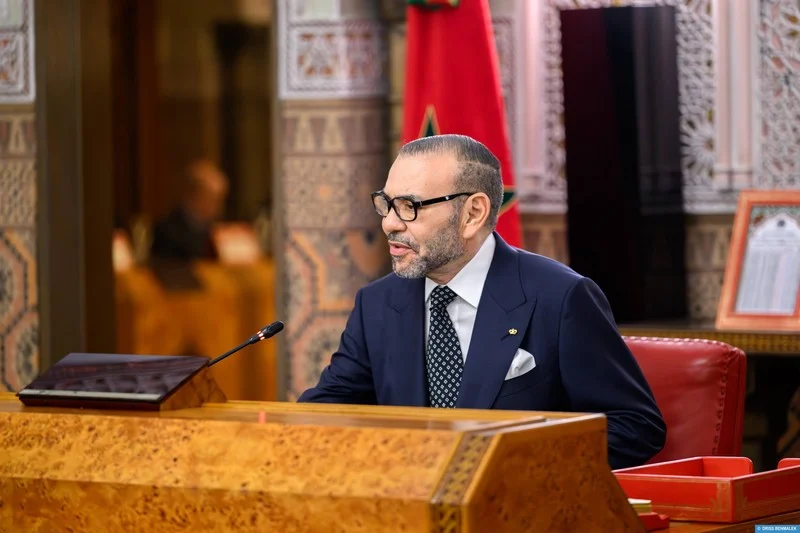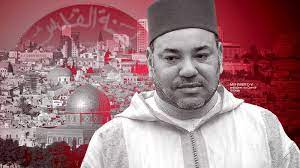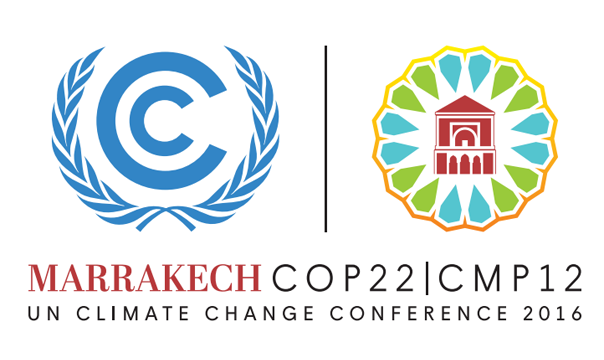King Mohammed VI has urged the Government to make sure that the results of the upcoming general population and housing census to take place next September 1 to 30 are processed and analyzed diligently, to be used as a structuring tool for public policies at both national and local levels.
In a letter addressed to Head of Government Aziz Akhannouch, regarding the 7th General Population and Housing Census, the Sovereign, who described this operation as “a valuable tool to achieve our societal project and to properly deploy our development model,” stated that the holding of the census operation, at regular intervals every ten years, “is a thoughtful choice that allows us to be better equipped to accurately grasp the demographic and socio-economic evolution of the country, anticipate the changing needs of our citizens and devise relevant policies accordingly.”
The General Population and Housing Census is an operation that, “thanks to the multitude and importance of generated data and indicators,” represents “a valuable tool to achieve our societal project and to properly deploy our development model, built on the principles of political democracy, economic efficiency, human development, and social and territorial cohesion.”
This new General Population and Housing Census, the 7th since 1960, aims to be innovative by its approach and the technological means that will be mobilized to collect and process information; and ambitious by broadening the fields of investigation to new themes, notably the structuring societal project of social protection, explained the Sovereign in his letter. Thus, the data from the census will allow for the updating of households’ socio-economic data, and subsequently enhance the efficiency of public policies in this area.
King Mohammed VI emphasized further the strategic importance of this decennial event, which concerns the entire nation and beyond: national and international institutions, political bodies, trade unions, and economic actors, civil society, and more importantly, Moroccan families and all foreign residents.
The Sovereign noted that this operation requires, beyond the wide mobilization of significant human and logistical resources, a commitment and close, effective coordination of all public administrations, public institutions, decentralized services, as well as regional, provincial, and local authorities and communities.
In this connection, the King called on the Minister of the Interior, the High Commissioner for Planning, and all the Walis and governors to ensure an optimal operational organization of this census within the set time frame, in close coordination with other field operators. Simultaneously, he urged citizens to demonstrate, as usual, total cooperation and active participation in this exercise of general interest by providing reliable and accurate information.
The Sovereign also invited the High Commission for Planning, upon completion of the data collection, to ensure their diligent processing and analysis, making sure the results are accessible and usable by decision-makers and concerned stakeholders as soon as possible.
“This speed in the exploitation of data will allow, among other things, the rapid identification of emerging trends with a view to developing relevant public policies and adapting various programs for the good of our Nation and the well-being of our people,” insisted King Mohammed VI.



